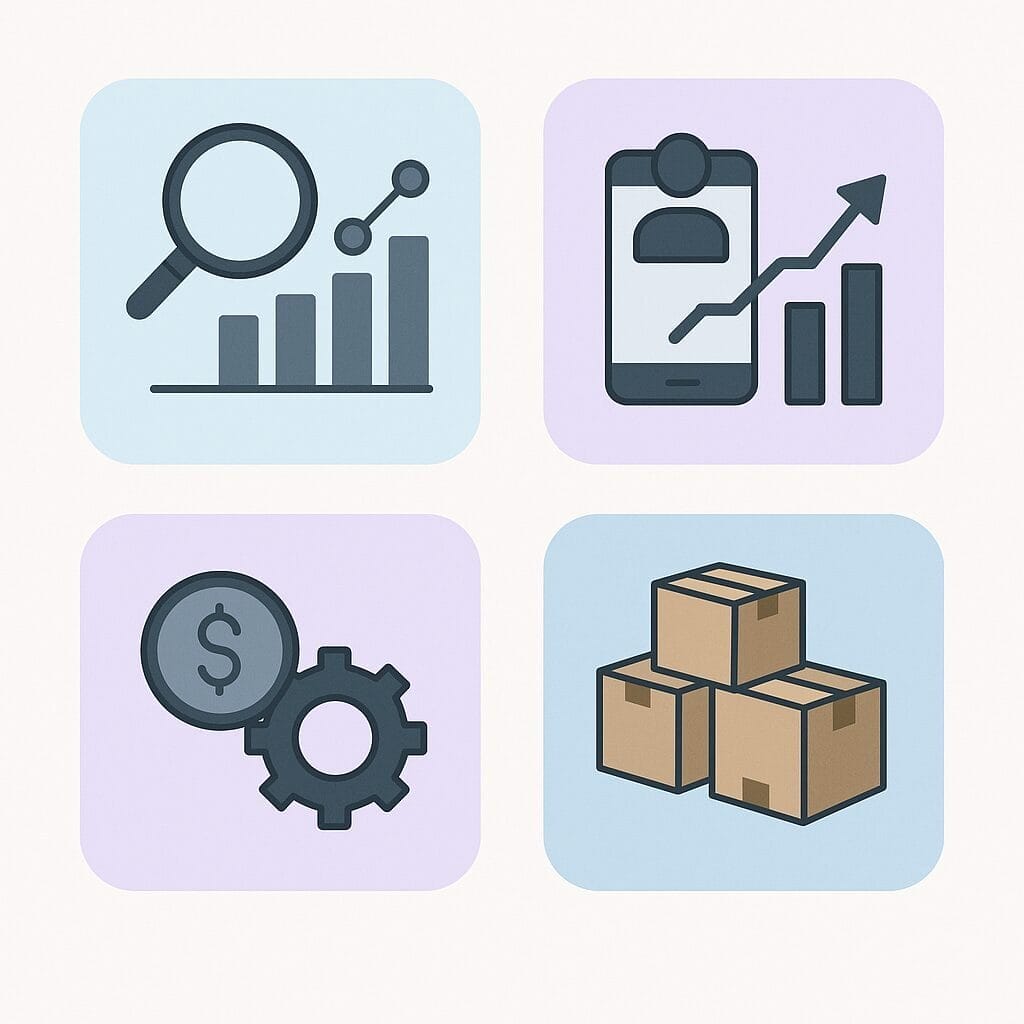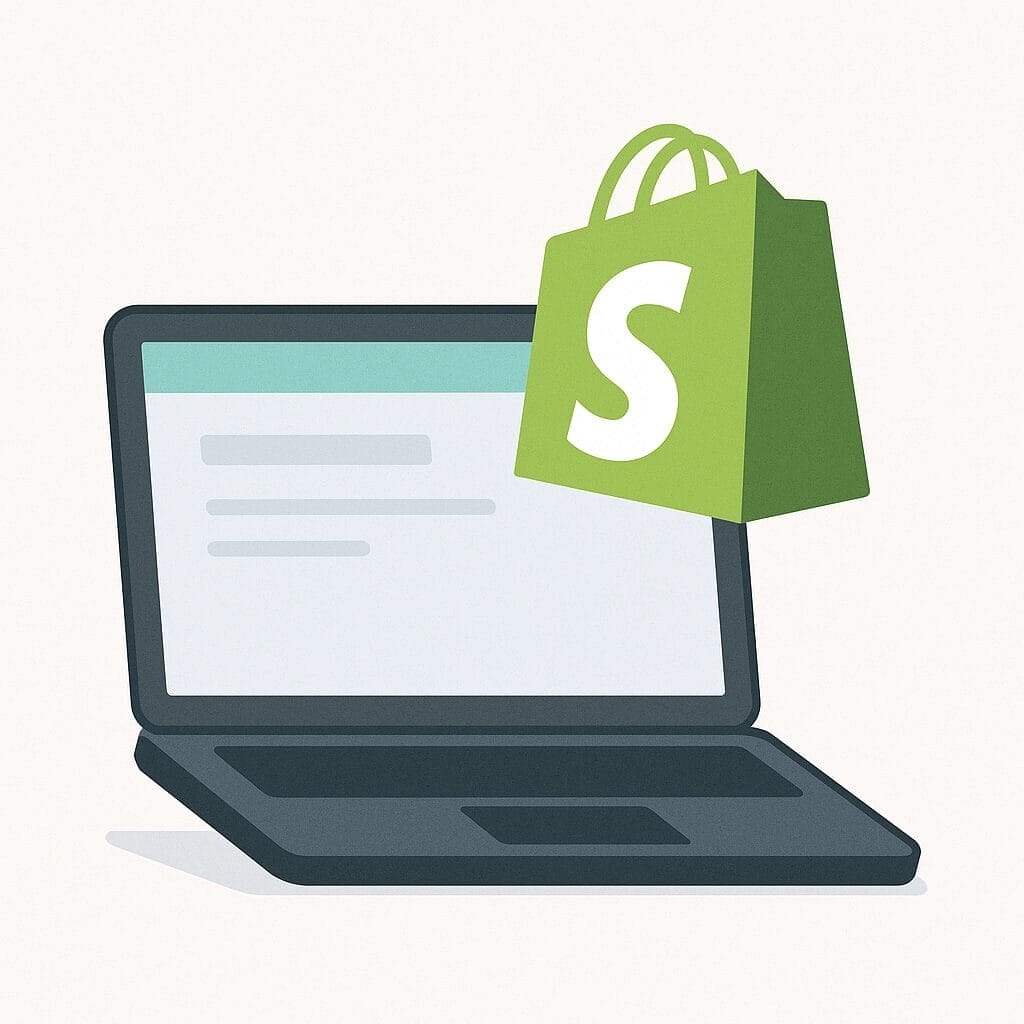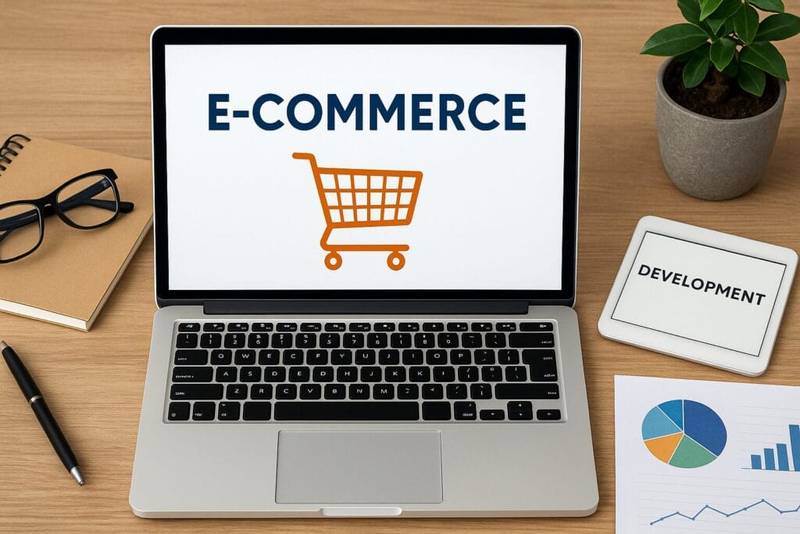Imagine spending thousands on advertisements and then losing clients because your online store isn’t mobile-friendly, loads slowly, or lacks the right features. Studies reveal that 88% of customers won’t return after a negative buying experience. That’s why one of the most important questions business owners ask is:
What platform is best for ecommerce website development? The answer isn’t one-size-fits-all—the platform you choose is the foundation of your brand, revenue, and long-term growth. In this guide, we’ll explore the top eCommerce platforms, their pros and cons, and help you decide which one fits your business best.
Why Choosing the Right eCommerce Platform Matters

The backbone of any online store is your eCommerce platform, and choosing the right one starts with asking what platform is best for eCommerce website development. A wrong choice can hold back your growth, while the right one helps you scale seamlessly. Here’s why this decision is critical:
- SEO & Visibility: Platforms with strong SEO features help you rank higher on Google. If you’ve ever wondered about the SEO value for eCommerce, the right platform makes all the difference, driving consistent traffic without endless ad spend.
- User Experience (UX): Customers expect fast, mobile-friendly, and smooth checkout flows. Conversion rates can decrease by 7% even with a one-second lag (Portent, 2022).
- Scalability: As your sales grow, you need a platform that can handle thousands of SKUs, high traffic during promotions, and global shipping options.
- Cost Efficiency: Some platforms look cheap upfront, but require expensive add-ons later. Others provide integrated features that result in long-term cost savings.
Check our Website Design Services to see how we build high-performing eCommerce stores.
Key Factors to Consider Before What Platform is Best for eCommerce Website Development?

Every business is different. Before picking Shopify, WooCommerce, or Magento, evaluate these factors:
Business Size & Growth Plans
- Small businesses/startups: Need affordable, easy-to-manage platforms like Shopify or Wix.
- Growing stores: Require more flexibility, integrations, and customization (WooCommerce or BigCommerce).
- Enterprises: Need advanced scalability, custom features, and multi-store management (Magento).
SEO & Marketing Features
A platform should support SEO-friendly URLs, meta tags, schema markup, and eCommerce product keyword research
A platform should support:
- SEO-friendly URLs, meta tags, and schema markup
- Blog integration for content marketing
- Social media + email marketing integrations
See how our SEO Services can unlock organic growth for your store.
Payment Gateways & Transaction Fees
Some platforms charge extra transaction fees, while others integrate with 100+ gateways globally. Always check:
- Multi-currency support
- Fraud protection & chargeback handling
- Hidden costs
User Experience & Customization
Design flexibility matters. Some platforms limit customization with templates, while others allow full control. Investing in professional eCommerce website design ensures your store looks great, functions seamlessly, and builds customer trust.Learn more with our Website Design Services.
Top eCommerce Platforms Compared: Shopify – Best for Beginners & Fast Scaling

- Pros: Easy setup, 6,000+ apps, 24/7 support, mobile-optimized.
- Cons: Transaction prices and monthly fees unless you use Shopify Payments.
- For instance, Shopify helped Gymshark expand from a tiny startup to a well-known fitness company worldwide.
WooCommerce – Best for WordPress Lovers
- Pros: Open-source, SEO-friendly, endless plugins, low initial cost.
- Cons: Requires hosting, updates, and security monitoring.
- Case study: Many niche bloggers monetize by adding WooCommerce to their WordPress site.
Magento (Adobe Commerce) – Best for Enterprises
- Pros: Highly scalable, powerful for B2B & B2C, supports global operations.
- Cons: Expensive to develop, requires skilled developers.
- Example: Nike uses Magento to power parts of its international operations.
BigCommerce – Best for Multi-Channel Sellers
- Pros: Built-in SEO tools, Amazon/eBay/Walmart integrations, no transaction fees.
- Cons: Limited themes, complex for beginners.
Wix eCommerce – Best for Small Creative Stores
- Pros: Drag-and-drop builder, low cost, stylish templates.
- Cons: Limited scalability for large businesses.
A comparison table with platforms, pros/cons, and best-for.
“A table comparing the benefits and drawbacks of Shopify, WooCommerce, Magento, BigCommerce, and Wix.”
SEO Capabilities by Platform
- Shopify: Great built-in tools, but limited URL customization.
- WooCommerce: Excellent for SEO with WordPress integration.
- Magento: Full control over SEO but requires technical know-how.
- BigCommerce: Strong native SEO features.
- Wix: Basic SEO, fine for small shops.
Want your store to rank higher? Explore our SEO Services.
Cost Comparison of eCommerce Platforms
| Platform | Entry Cost | Hidden Costs | Best For |
| Shopify | Monthly fee | Apps, transaction fees | Small to mid-sized stores |
| WooCommerce | Free core | Hosting, plugins | WordPress users |
| Magento | High dev cost | Maintenance | Enterprises |
| BigCommerce | Subscription | Add-ons | Multi-channel sellers |
| Wix | Low | Limited scaling | Creatives/small shops |
Bar graph comparing average monthly cost ranges.
Security & Scalability Considerations
- Security: Look for SSL, PCI compliance, and fraud detection.
- Scalability: Cloud hosting (Shopify Plus, BigCommerce) vs. self-hosted (WooCommerce, Magento).
- Following eCommerce website development best practices keeps your store secure, scalable, and ready to handle peak traffic without failures.
- Example: ASOS handles millions of users during Black Friday thanks to scalable infrastructure.
Making the Right Decision for Your Business
- Small businesses/startups: Shopify or Wix.
- Content-heavy stores: WooCommerce.
- Multi-channel sellers: BigCommerce.
- Large enterprises: Magento.
Our Website Design Services will help you select and implement the right platform.
FAQs||what-platform-is-best-for-ecommerce-website-development||
Which platform is best for SEO?
What’s the cheapest platform?
Which is best for enterprise stores?
Can I switch platforms later?
Which is best for beginners?
Conclusion
Choosing the best eCommerce platform depends on your goals, budget, and growth stage. Shopify shines for beginners, WooCommerce is SEO-rich, BigCommerce handles multi-channel sales, and Magento leads for enterprises. Don’t let the wrong choice slow down your growth.
Start today with our Website Design Services and SEO Services to build a store that sells more, ranks higher, and scales with ease. Or explore Nexus Digital Hub, your expert eCommerce growth partner, for complete digital marketing solutions tailored to online stores.



